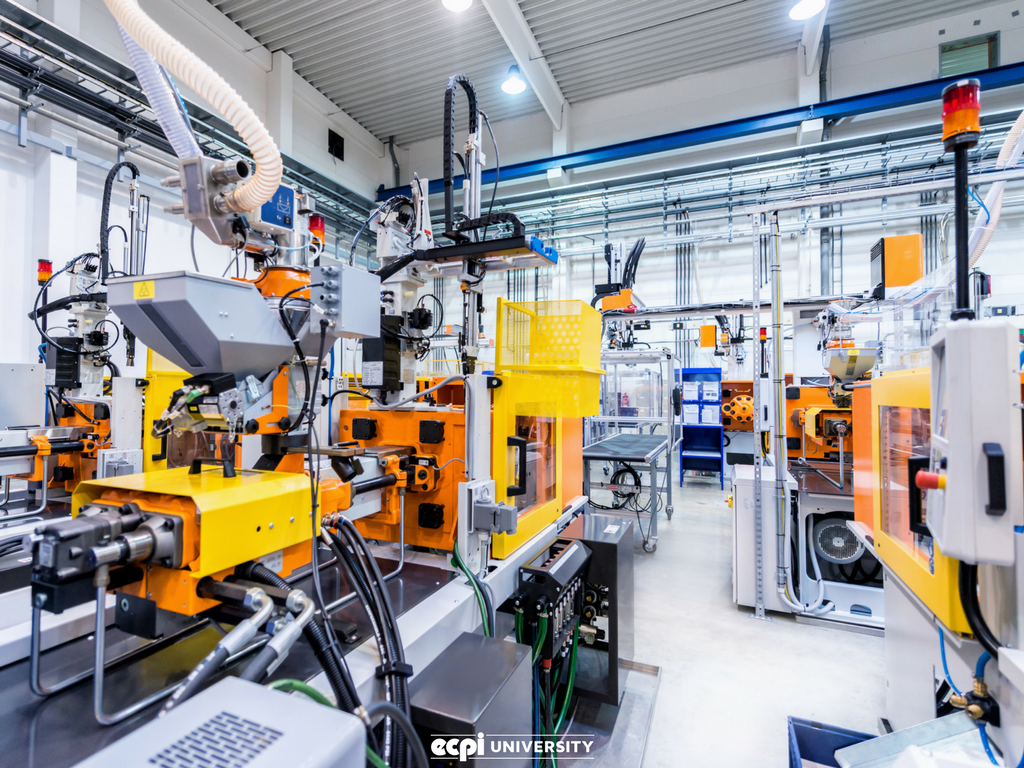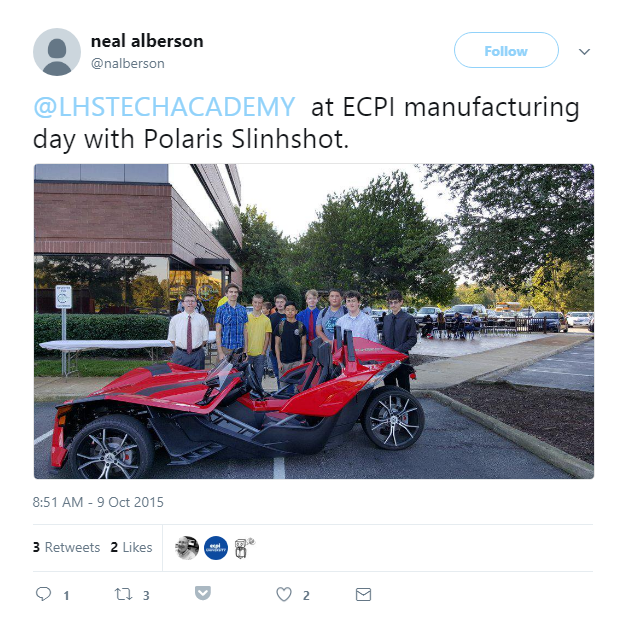Mechatronics Training Program: What Will I Be Taught?
If you're a technically-minded individual looking for a stimulating field, you might want to investigate the emerging field of mechatronics. Mechatronics, although not exactly a household word, is evolving along with smart technology and artificial intelligence into a complex and rewarding field.
What is mechatronics? Simply put, it's technology that combines electronics, computer technology, control skills, and mechanical engineering, but it's also much more. It's a field of automation that is proving to have astonishingly wide possibilities for adaptation in a number of fields.
Mechatronics has revolutionized control systems by applying computer technology to formerly mechanical systems, with the result that computerized systems are increasingly becoming the norm. Everything from a barcode system to an automobile airbag, from a kitchen refrigerator to an HVAC thermostat now offer examples of the great adaptability of mechatronics.
Here are just some of the fields that are currently making use of mechatronics engineering technology:
- HVAC
- Automobiles
- Computer engineering
- Telecommunications
- Automation of industrial tasks (robotics)
- Bioengineering
- Nanotechnology
- Mining
- Manufacturing
- Defense industries
- Medicine
- Aeronautics
- Chemistry
Mechatronics technologists usually serve as a link between an engineer and a technician. They may be involved in every phase of a project, including design, development, testing, and production. Once you obtain a degree, you may find work in a laboratory, office, factory, or processing plant in any of the fields listed above, doing anything from helping to design a sensor that recognizes when clothes are dry in a dryer, to an anti-locking brake system -- just to mention two of the latest innovations that have harnessed the possibilities of mechatronics.
Why Train in Mechatronics?
Most persons seeking a future in mechatronics enroll in a vocational school, a community college, or a university to get either an associate or bachelor's degree in the field. Generally, they receive training in computer, mechanical, control, and electronic engineering subjects.
It is possible to get into mechatronics through life or work experience, but you'll have more credibility with potential employers when you demonstrate you've gone through formal mechatronics training and obtained a degree.
The extensive training you receive in a college degree program will give you a deeper, richer experience as you become familiar with a wide variety of disciplines with applications for mechatronics. Experienced instructors will demonstrate how what you are studying can be applied toward control design solutions.
Being affiliated with an institution of higher learning also provides access to labs and state-of-the-art equipment so you have a better hands-on experience as you study. Plus, you can consult counselors and instructors for advice about where to look for jobs, and even perhaps what fields might offer you the best opportunities for your skills. After all, the more people you can connect with in the professional world, the better your network will be when you graduate.
What You Should Study for a Mechatronics Degree
Because mechatronics combines aspects of so many disciplines, future technologists are advised to take a wide range of courses, so that they can acquire a broad array of skills.
Your college training in mechatronics should include some of these core areas of study, so that you will be acquainted with the technology used in computer, mechanical, electronics, and control systems:
- Hydraulics and pneumatics
- Materials science
- Applied mechanics
- Programmable controllers
- Analog, digital electronics, and communications
- Testing and measuring instruments
- Automation and control systems
- Digital/analog electronics and communications
- Microcontrollers
- Computer programming and networks
As you research mechatronics programs, you will want to look for ones that offer the most complete, well-rounded courses of study. Some of the courses they might have are:
- Programming
- Networking
- Data communications
- Electric circuits
- Semiconductor devices
- Digital systems
- Computer configuration
- Communication systems
- Wireless security
- Circuit analysis
- Routing and switching
- Materials science
- 3-D modeling
- Digital communications
- Motor drives
- Mechanics statics and dynamics
- Hydraulics and pneumatics
Core courses you should take include communication, composition, algebra, physics, and possibly psychology and culture and diversity, as well as business.
If you want to finish your degree as soon as possible, an accelerated program might be perfect for you -- some of which can be completed within a year and a half. Accelerated bachelor programs may be completed in as little as two and a half years.
Accelerated programs offer the disciplined student an advantage not only by allowing quicker attainment of a degree, but also students sometimes find it much easier to just keep working without a break to maintain momentum.
Is Mechatronics the Degree for You?
Are you interested in advanced manufacturing technology? If you want to earn a Bachelor of Science in Electronics Engineering Technology with a concentration in Mechatronics, ECPI University offers this program at an accelerated course of study. For more information on this exciting program, connect with a helpful admissions advisor today.
It could be the Best Decision You Ever Make!
DISCLAIMER – ECPI University makes no claim, warranty, or guarantee as to actual employability or earning potential to current, past or future students or graduates of any educational program we offer. The ECPI University website is published for informational purposes only. Every effort is made to ensure the accuracy of information contained on the ECPI.edu domain; however, no warranty of accuracy is made. No contractual rights, either expressed or implied, are created by its content.
For more information about ECPI University or any of our programs click here: http://www.ecpi.edu/ or http://ow.ly/Ca1ya.





